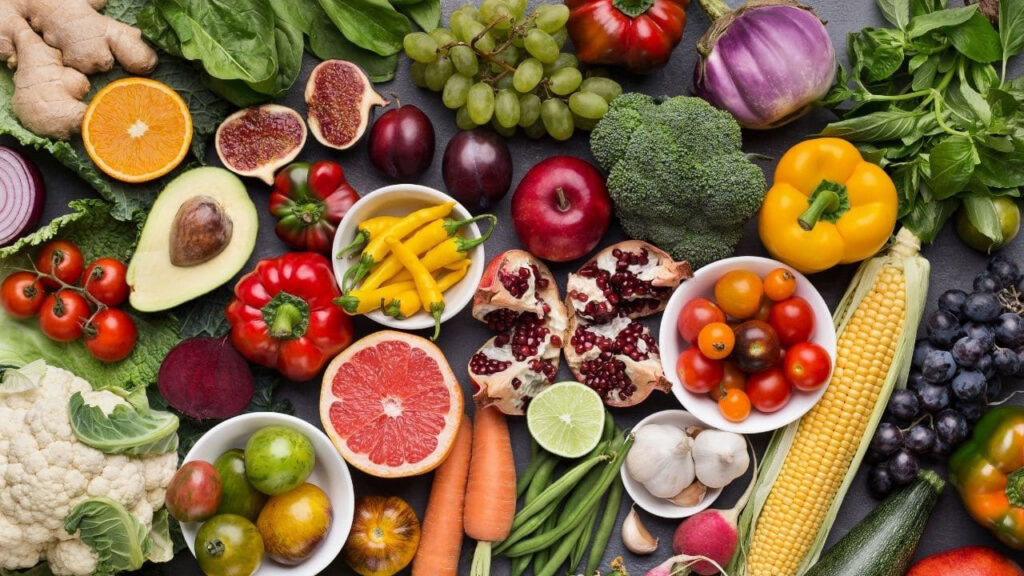It’s one of the great questions of organic foods: Can they improve your longevity? When you consider that the growing popularity of organic food is a pretty recent thing and the research is still relatively new, it’s a difficult question to answer.
For one thing, it’s a bit difficult to tell if people are living longer until they reach the top end of their normal life expectancy. Considering that people today are regularly surviving into their 70s, 80s or beyond, it’s a bit soon to tell if their longevity has increased because of dietary changes in the last decade.
It may be possible to design experiments to test how organic food affects longevity without having to wait for everyone to die, but it’s challenging to say the least. You also have to account for all the other things that can impact lifespan, from genetics and smoking to exercise levels. It’s going to be a while before we can be confident, and we may never be absolutely certain.
There is some promising evidence, though. For example, research has been done into fruit flies, who have slightly more manageable lifespans when it comes to experiments (https://journals.plos.org/plosone/article?id=10.1371/journal.pone.0052988). They seemed to live longer when they ate organic fruit, which could prove a launching point for further investigation into whether it applies to humans.
Now, when it comes to humans, we do know that some foods are particularly helpful for improving longevity. You need a balance of all nutrients, but the various vitamins and minerals that you find most often in fruit and vegetables are near the top of the list. Leafy greens, so-called cruciferous vegetables (like broccoli and sprouts), berries, and alliums like onions and garlic are important. So are nuts, seeds and beans.
Most of these fruits and vegetables are available in organic form. That means they won’t have any potentially dangerous pesticides, they’ll have been grown in a more environmentally friendly way that improves the longevity of the entire planet, and they may have higher levels of certain nutrients. It won’t hurt your longevity if you make your fruit and vegetables organic, and there’s a chance it’ll help.
There aren’t really any health arguments against organic food. The arguments are mostly about price, accessibility and whether benefits have been exaggerated. If you’re looking to lengthen your life, it’s not a bad place to start.




